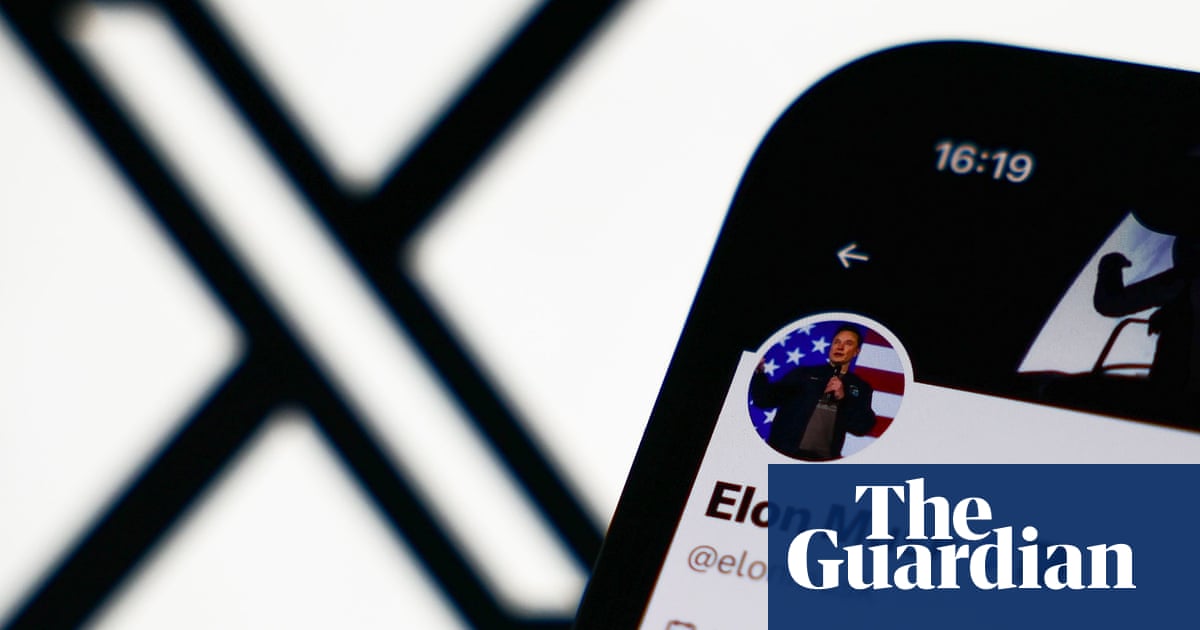TheLondon Marathonhas revealed that it is permanently boycotting X, with event director Hugh Brasher accusing the social media platform of “descending into a gutter” since Elon Musk took charge.
Brasher’s comments came after he was asked about the horrific levels of abusesuffered online by Eilish McColgan, who has been accused of “looking like a skeleton” and having anorexia after posting videos on social media of her training before Sunday’s race.
“I think it’s abhorrent the abuse that she’s had,” replied Brasher. “How she has held herself and responded to that is exemplary. But there are some social media channels that are particularly vitriolic and are descending into a gutter. And as a result of that, London Marathon events have actually come off one of those channels.”
Brasher confirmed he was referring to X, where the London Marathon has an account that has not posted to its 191,000 followers for three months. “It is off the back of just looking at that channel and the vitriol,” he said. “It was ceasing to be a rational conversation. It was ceasing to be a positive place to be.”
Brasher also accused X of not being a force for good and contrasted it sharply with the aims of the London Marathon, which was set up in 1981 by his father Chris and John Disley. “The London Marathon is about positivity,” he added.
“One of the aims of my father and John was to show that on occasion, the family of humankind could be joyous together and celebrate together. That’s what the London Marathon is about. It is a force for good. And we didn’t feel that channel shared those values, and therefore we have come off.”
Brasher also confirmed that the London Marathon would continue its policy of barring trans women from elite and championship female races, while allowing them to participate in the mass participation event, in the wake oflast week’s UK supreme court rulingthat a woman is defined by biological sex under British equalities law.
However, Brasher admitted he was waiting to see a detailed report from the Equalities Human Rights Commission and Sport England over how to implement the court’s ruling before deciding whether that policy might change.
Sign up toThe Recap
The best of our sports journalism from the past seven days and a heads-up on the weekend’s action
after newsletter promotion
“The London Marathon has been very clear about protecting women’s rights,” he said. “To take part in good-for-age, championship, elite and age group prizes, they have to be birth women, as defined by the courts. To take part in the mass event it is self-selection. How do you check? People are asked to provide ID. And your passport could say your gender, and your gender can say female, even if you were born male.And so this is where getting into the advice there is going to be from the EHRC and Sport England is incredibly important. This is complex.”
He added: “We obviously will meet what the law says. But there has to be that detail coming out of that commission and out of Sport England. We delight in being both inclusive but also protecting in-competition the rights of women, which is incredibly important.”
